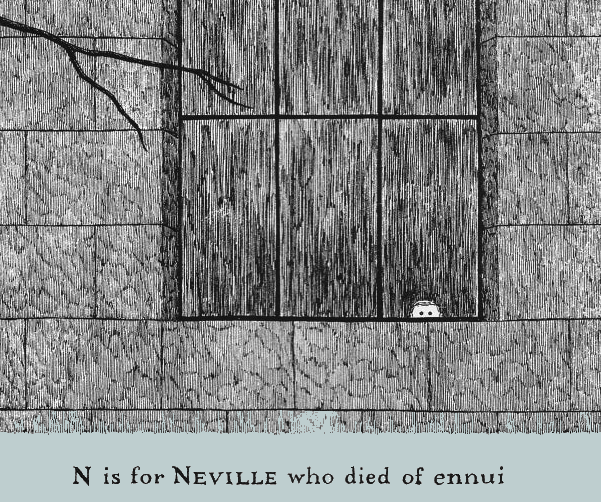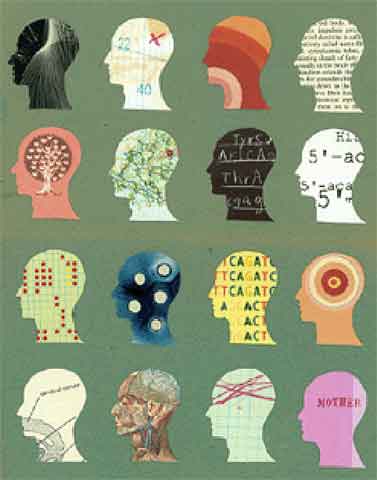Disclaimer: I’m speaking as someone with an undergraduate degree in psychology and a bit of personal experience, not a licensed professional. Please don’t sue me—I can’t afford a lawyer.
Chemical depression is a bitch.
That’s not to say depression brought on by grief, trauma, change, stagnation, etc., is easy—depression in all its forms kind of sucks. The problem with chemical depression, though, at least for me, is that it turns me into a sponge for negativity, for pessimism and fatalism and surrender. We want things to make sense. Effects come from causes. Point B is preceded by point A. Every reaction has an equal and opposite action.
So if I’m feeling bad, something must’ve happened, right?
I was first diagnosed with major depressive disorder at twelve. The thing about kids is that their understanding of normal is shaped so heavily by their lived experience that they often don’t recognize trauma for what it is. A natural place for a therapist to start, then, is exploring that experience, casually probing for wounds the logical mind hasn’t recognized. I have long considered myself a resistant client, based on those early sessions, but the more I think about it, the more I suspect that I wasn’t trying to withhold—there just wasn’t much to say. I hit the birth circumstance jackpot: a stable, supportive family, where I never doubted my safety or basic needs, a well-funded school district with access to community resources, no major medical concerns, etc. Of course none of that precludes childhood trauma, and I had bumps here and there, but nothing I could point to as justification for the darkness.
I tried, though. I examined the world around me, looking for a source, something I could unpack and process. I adopted grief for a friend’s mother’s death; I manufactured guilt for a pet’s aging; I shifted the angle in looking back at the bumps to make them seem like mountains. Because these feelings were shallow, I could only delve so deep into them, but at the time, the lack of insight that followed my therapy sessions made them seem more intractable. In trying to make things better, I made them worse.
I hesitate to talk about all this, because my experience is atypical. In general, it’s bad practice, when a person says they’re feeling a certain way just because, to accept that there’s no deeper cause. We’re so socialized to the perfunctory How are you? of custom, not curiosity, that most people need a nudge to dip into anything of substance. Equally bad: when someone says they’re feeling a certain way because of something, to come back with skepticism, a raised eyebrow, an “Are you sure?” that’s dragged out just a little too long to be purely innocent. We’re told not to question the validity of emotions, and it’s a thorny matter to navigate questioning a professed cause without implicitly questioning its effect. So how can I look back on my years of failed therapy and say anyone did anything other than exactly what they should have?
Chemical depression doesn’t come out of nowhere. Still, if there’s a therapeutic model that focuses on motivating my brain to process neurotransmitters properly, I haven’t found it.
The kicker, of course, is that I don’t claim to be well-adjusted outside my depressive episodes. I have some pretty major hangups that impact my life in significant ways (e.g., writerly insecurity so overbearing that, on the occasion I feel confident enough to consider something so presumptuous as thinking about one day trying to publish a novel, I Google literary agents in Incognito mode so someone checking my search history won’t realize how overinflated my ego is) and some life circumstances whose emotional impact I need to sort out (e.g., grieving the loss of a found family). I could absolutely benefit from therapy, and I occasionally have—it just never happens when I’m in a depressive episode, when it should ostensibly be most advised.
I guess the takeaway here, to tie it back to this blog’s loose theme, is that we don’t develop the same way characters do. We can’t always write a backstory to make ourselves make sense. Sometimes the narratives we create can be productive … but sometimes the temptation to find a narrative overwrites the messy, often dissatisfying reality. Maybe that explains some of the correlation between mental illness and writers—the urge to make meaning seeks an outlet, one way or another. There’s little resolution to be found when the answer is just because, but in fiction, we can fix that in revision.

 Writers are a crazy lot. It’s just something we assume, and
Writers are a crazy lot. It’s just something we assume, and